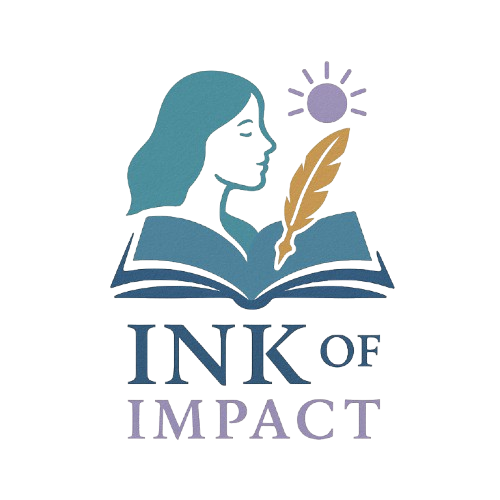From Chalk to Change: Young Trailblazers Who Are Redefining Education
In a small village in Madhya Pradesh, 19-year-old Rekha runs evening classes under a banyan tree. With just a whiteboard, borrowed books, and fierce determination, she teaches 30 younger children who cannot afford private tuitions.
Rekha is not a teacher by profession — she’s a student by day and a changemaker by choice.
Across India, youth like Rekha are not waiting for the system to fix itself. They are transforming education from the ground up — one idea, one student, one effort at a time.
Why Youth-Led Education Movements Matter
In a country where gaps in public education persist — whether it’s teacher shortages, outdated syllabi, or inaccessible infrastructure — young people are stepping in. And not just as students, but as:
- Community educators
- Ed-tech innovators
- Policy advocates
- Mental health volunteers
- Creators of free learning content in local languages
They are redefining learning not as a system of exams, but a tool for empowerment.
Real Stories, Real Impact
- Aarav, 21, from Bengaluru built a free app to help government school kids learn science through animation in Kannada and Tamil.
- Saba, 17, from Lucknow, started a menstrual awareness program in schools that also distributed free sanitary pads and health education.
- The “No Bag Day” team in Assam convinced their school to dedicate Saturdays to arts, discussions, and real-world learning — now adopted by 30 nearby schools.
These stories prove that you don’t need a title to be a teacher — just a vision and a voice.Elevate your table with a 330ml Retro Glass Jug, blending classic design and durable hardened glass.
How Are They Making It Work?
Crowdfunding low-cost resources
Using WhatsApp, YouTube, and Instagram as classrooms
Partnering with NGOs to scale outreach
Volunteering in slums and tribal regions
Organizing reading clubs, English help desks, and DIY science labs
Most importantly, they are meeting learners where they are — emotionally, socially, and geographically.
What Can We Learn From Them?
- Innovation doesn’t need funding, just empathy.
- Local problems need local solutions — and youth understand their communities best.
- Students can be powerful teachers, mentors, and role models when given trust.
Education is a shared responsibility, not just of governments but of citizens.
Rekha’s Revolution
Rekha now teaches over 50 children. Parents who once saw little value in school now ask for more evening classes. Some of her students have even returned to formal schooling.
Because change isn’t waiting in Delhi — it’s happening under banyan trees, in bastis, and on smartphones.
Young India isn’t just studying for the future — they’re building it.
